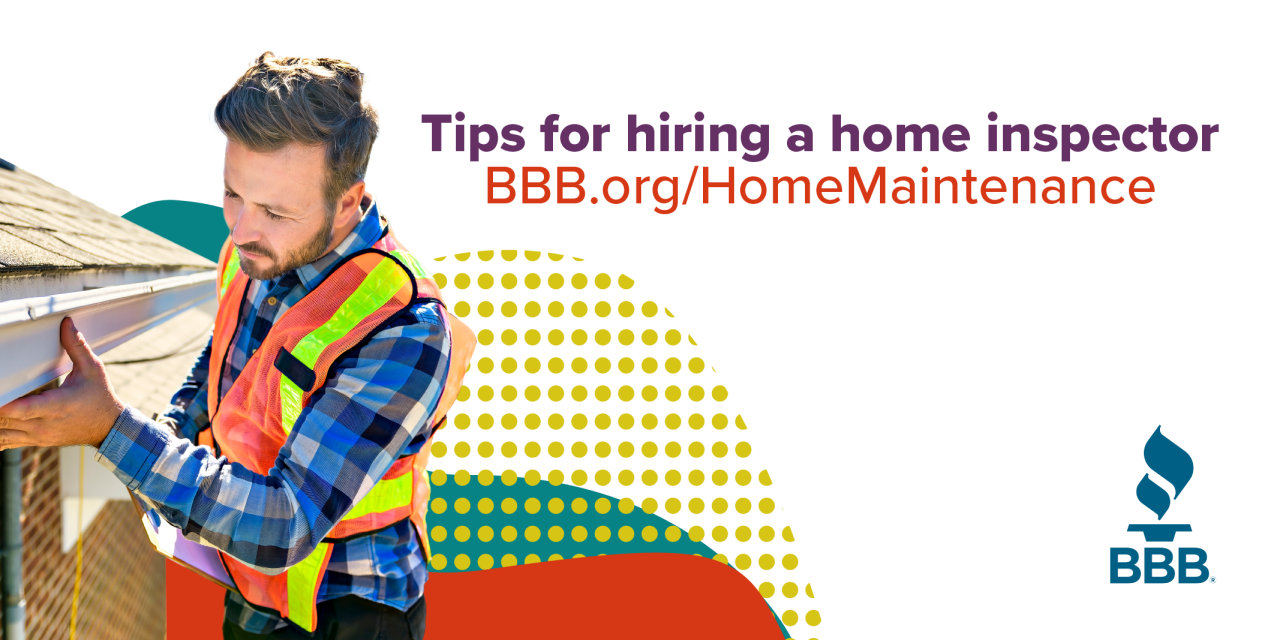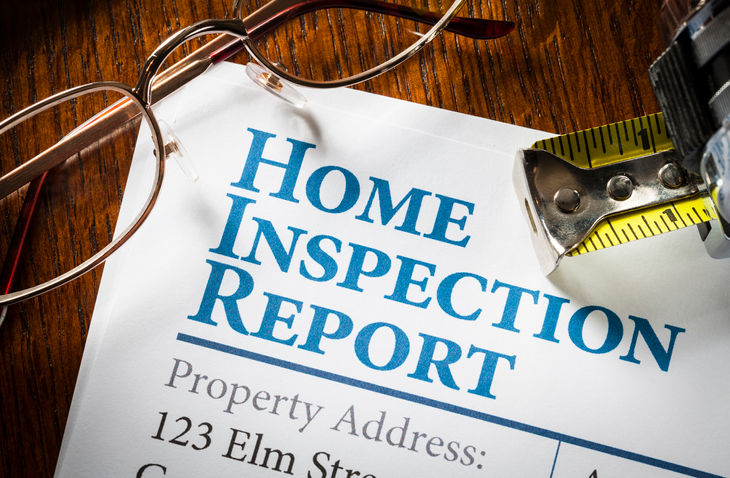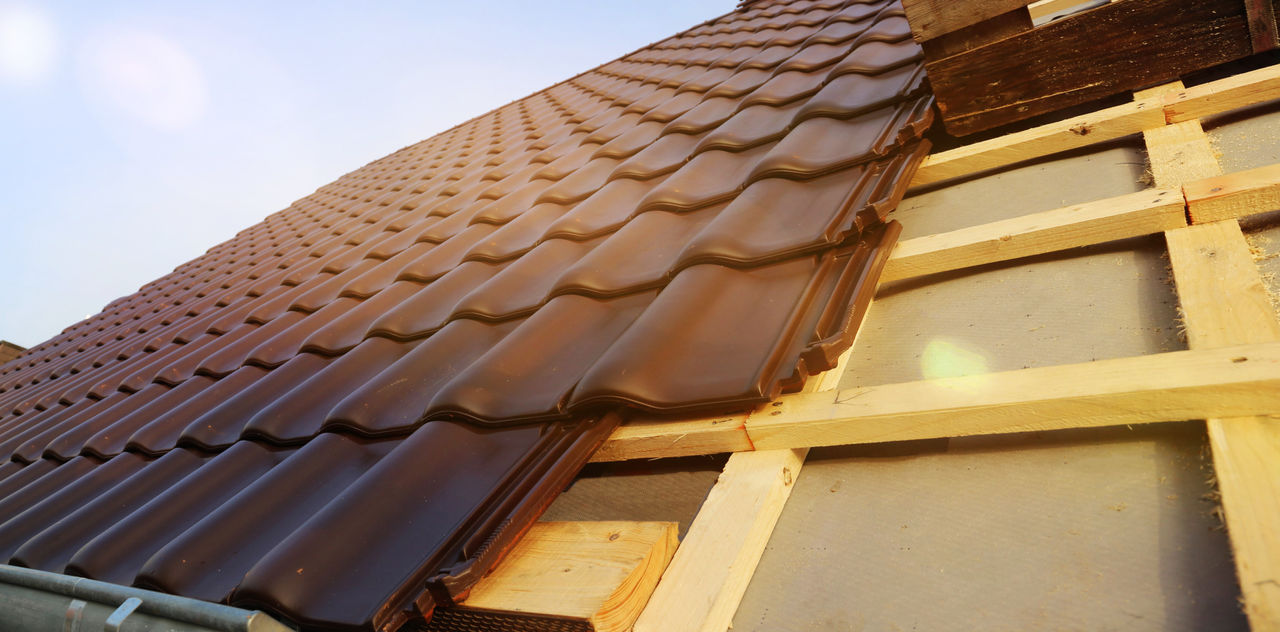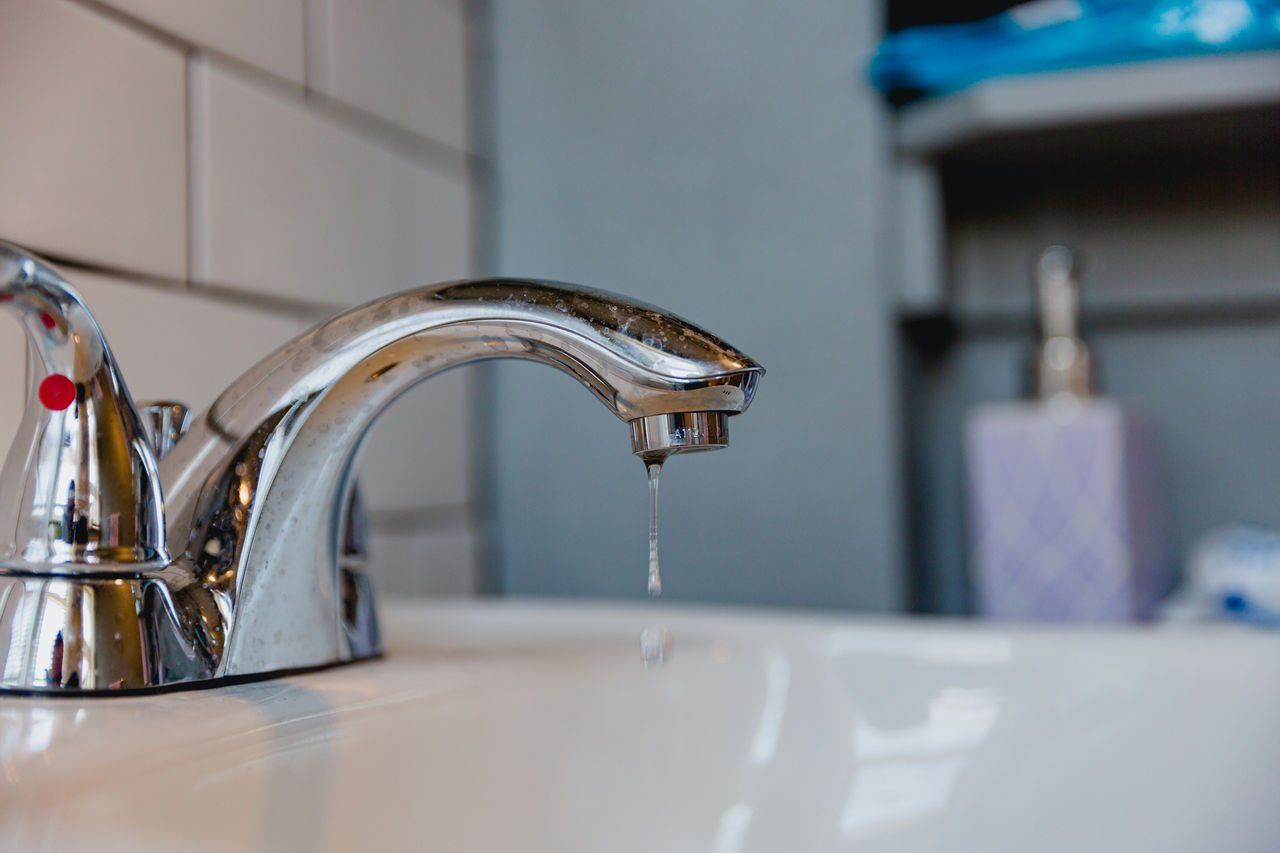
BBB Tips: Hiring a home inspector
Buying a home can be one of the most important financial investments you will ever make, and maintaining that home after you buy is of top importance. But how do you know if the house is everything it appears to be? If your home has hidden structural issues and needs major repairs, you may be falling into a money pit and sleepless nights. A home inspection is one of the smartest ways to educate yourself about the physical condition of a property before you buy, and after you buy, a regular inspection can keep you on top of any hidden repair needs.
What's a home inspection?

A home inspection is a visual inspection of the physical structure and mechanical condition of a home - from roof to foundation.
The inspection is designed to identify problems, advise of repairs needed and, in some cases, provide preventive maintenance advice.
A home inspection points out the positive aspects of a home, as well as the maintenance that will be necessary to keep it in good shape.
A home inspector may be a residential architect, structural engineer, or building contractor.
Currently, home inspectors are not regulated on a federal level in either the United States or Canada. However, many states and provinces have their own licensing requirements. To find out what your region requires, check out this list from the American Society of Home Inspectors or the Professional Home Inspection Institute in Canada.
Use these tips to help you find a good home inspector
Pick a home inspector who has experience, positive references, and is known for being very comprehensive. While this may cost more upfront, hiring a great inspector will save you money in the long run. If you don’t get a complete, accurate inspection, you may miss major problems and your chance to negotiate repairs with the seller.
Ask friends for recommendations and read reviews
Ask friends and neighbors to recommend an experienced home inspector who is known for being very thorough. Check reviews on BBB.org and other sites. Ask a real estate agent who they trust to do pre-purchase home inspections.
Find someone familiar with your type of home and the features you need inspected
Be sure your inspector specializes in homes, not commercial properties, and any issues you anticipate finding. For example, if you’re concerned about a home’s structure, consider hiring a professional engineer or architect who also does general home inspections. Also, be sure your agreement with the inspector covers the systems you most need to have examined.
Ask questions
Ask about their professional training, relevant experience and/or length of time in business. Find out if the inspector belongs to a professional association, such as the American Society of Home Inspectors, the National Society of Professional Engineers, or the Canadian Association of Home and Property Inspectors. Membership in professional associations may offer added assurance of an inspector's qualifications and training.
Make sure your home inspector is working in your best interests
Many home inspectors rely on referrals from real estate agents for their business. Be sure that your inspector is going to give you a thorough inspection, aside from any personal relationship. Also, be cautious about hiring a home inspector who is looking to get contracting work from you. You want your inspector focused on you and your home.
Be present during the inspection
The majority of inspectors will allow you to tour the home with them and ask questions during or after the inspection. The inspection can last anywhere from two to five hours, depending on the size of the house.
Ask when will you receive a copy of the final written report
Carefully read your home inspection report and make a list of items that need correction. Understand that the home inspection report records the condition of the home, both positives and negatives. This will help you to determine your future expenditures for repairs and maintenance. The report will contain useful information that serves as a reference for you in the future.
Check BBB.org
Check BBB.org to see if the home inspector is a BBB Accredited Business and read reviews. Ensure that the business responds to complaints in a timely fashion. Find home inspectors near you.
Final thoughts
Ultimately, no inspection can guarantee that something won’t go wrong with a home, but getting a thorough inspection job can really help prevent expensive, nasty surprises.
Additional resources:


